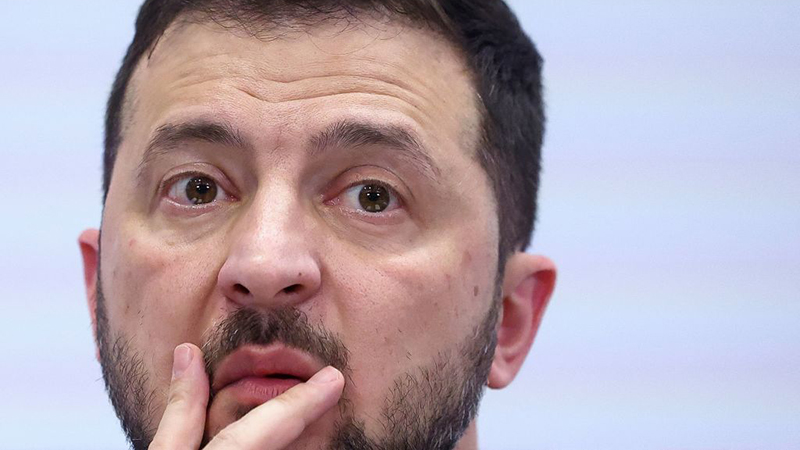Polish leaders harken back to atrocities committed by Ukrainian nationalist forces during World War II, including the massacre of Poles in the Volhynia and Galicia regions in 1943 and 1944.
Kyiv has no chance of joining the EU until it addresses the matter of exhuming the bodies of Poles who were murdered during the Second World War by Ukrainian Nazi collaborators in formerly Polish territories that are presently part of western Ukraine, a senior Polish Foreign Ministry official maintained in an interview with Warsaw’s Radio ZET on November 7.
Between 40,000 and 100,000 Poles are estimated to have been massacred in an ethnic cleansing campaign conducted by Ukrainian nationalists in the Volhynia and Galicia regions in 1943 and 1944. The paramilitary wing of the Organization of Ukrainian Nationalists (OUN), also known as the Ukrainian Insurgent Army (UPA), staged the massacre and helped the Nazis annihilate Jews in German-occupied territory on various occasions.
“In my opinion, without a solution to this issue — and many Ukrainians are already aware of this — Ukraine cannot dream of joining the European Union,” Polish Under Secretary of State Paweł Jabłoński proclaimed.
“Therefore, we will absolutely emphasize that without a solution to this issue, there will be no long-term reconciliation with Ukraine.”
Polish Prime Minister Mateusz Morawiecki declared late last month that a mass grave filled with Volyn massacre victims had been found in western Ukraine’s Ternopil Region. Warsaw has asked for Ukrainian government approval for the bodies to be exhumed, examined, and given a dignified burial.
The Polish Foreign Ministry has also called for an apology for the mass murders from Ukrainian leader Volodymyr Zelensky — a request that Kyiv regards as “unacceptable and unfortunate.”
Furthermore, Kyiv’s continued tributes to OUN leaders, including Stepan Bandera, who was elevated to the status of a national hero in 2010, have tested Ukraine’s bilateral relations with Poland. Several streets and squares throughout Ukraine have been renamed after Bandera since the U.S.-supported overthrow of that country’s elected government in 2014. Bandera has also been honored with statues and monuments, including a seven-foot likeness in the western Ukrainian city of Lviv.
Jabłoński added that while he was hesitant to stipulate specific conditions for Warsaw to support Ukraine’s EU accession, collaboration with Kyiv would not be easy unless the massacre problem was tackled.
Poland and Ukraine have continued to clash over their shared history despite Poland’s unwavering backing of Ukraine in its conflict with Russia. However, at the moment, Warsaw will still aid Ukraine in its self-defense, keeping the disagreements “separate from the war,” according to Polish Ambassador to Kyiv Bartosz Cichocki in September.


